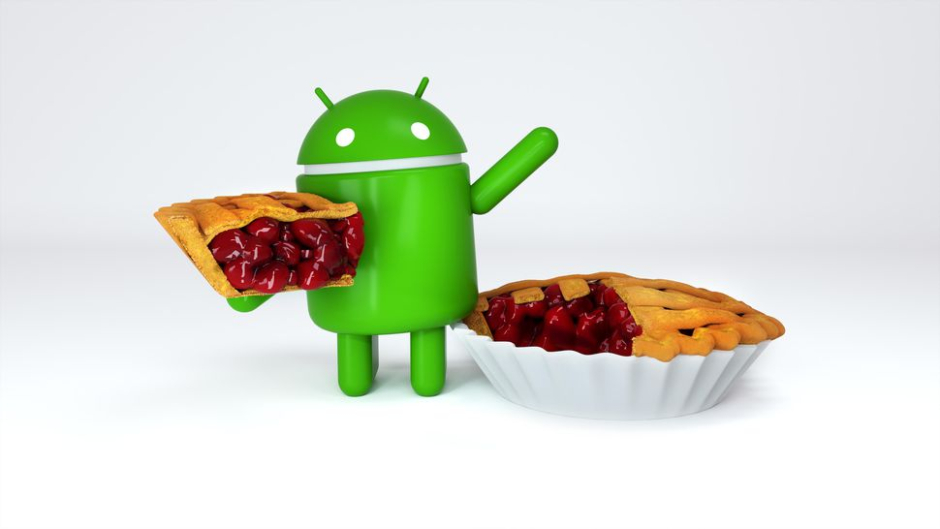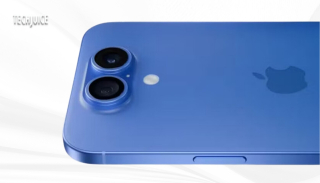It has been iconic, well-loved, and it has given the brand an irresistibly charming identity. However, despite its massive impact, the dessert-naming convention for Android versions is going to be ditched by Google, starting from Android 10. Believe it or not, there is actually a pretty solid reason for why the tech giant has decided to drop a long-standing tradition, and it has to do with making the system more universal.
The company announced yesterday morning that it is going to give Android a rebrand, both in terms of the logo and the naming convention. It appears that from now on, Android versions will simply be accompanied by boring numbers; instead of Android Q, we are looking at the Android 10. Of course, the intention behind this move is to make the system more “accessible” globally.
“Over the last decade, Android’s open platform has created a thriving community of manufacturers and developers that reach [an] audience with their devices and apps,” stated Android vice president of product management Sameer Samat. “As we continue to build Android for everyone in the community, our brand should be as inclusive … as possible — and we think we can do better in a few ways.”
From Android 1.5 Cupcake released in 2009 all the way to Android 9.0 Pie released in 2018, it has been quite a sweet journey (pun well and truly intended) for a whole host of loyal fans. However, it is true that this naming convention has been confusing for users who aren’t familiar with the desserts or the alphabetic order being followed by Google. According to Samat, this meant that there was a significant chunk of Android users who couldn’t intuitively grasp what an Android version meant.
“We’ve heard feedback over the years that the names weren’t always understood by everyone in the global community,” wrote Samat. “For example, L and R are not distinguishable when spoken in some languages, [so] when some people heard us say Android Lollipop out loud, it wasn’t intuitively clear that it referred to the version after KitKat … As a global operating system, it’s important that these names are clear and relatable for everyone in the world.”
While this move has been made to make Android a universally comprehensible platform which is definitely for the best, there is no doubt about it: the sweet names will be missed.












